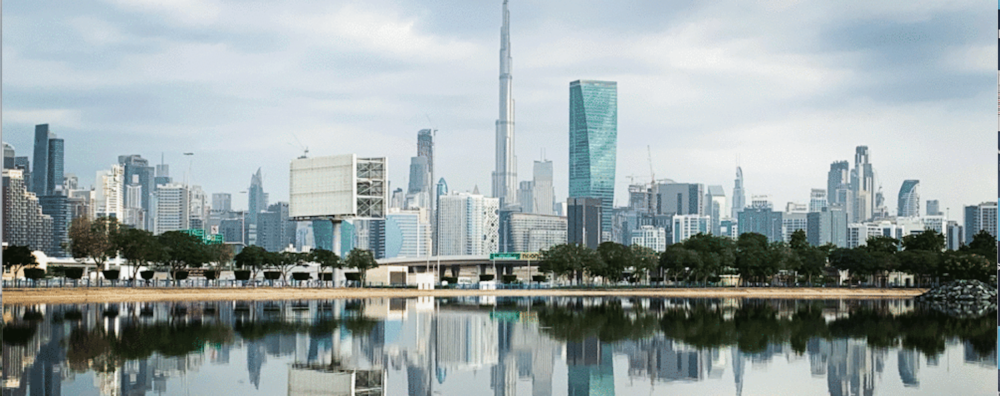
What Ramadan looks like at work: Just enter the maze!
The popular greeting RAMADAN KAREEM, meaning Ramadan is generous, is totally lost on Son2. On several occasions, he’s turned all furtive, lowered his voice and whispered to me: “Mummy, I’m so glad we’re Christian.”
He’s learnt enough about Ramadan now to know Muslims observe this time of reflection and prayer by fasting from dawn until sunset – and in his seven-year-old mind, the idea of not being allowed to eat is quite horrifying!
I was actually really looking forward to Ramadan and, now that it’s underway, I can safely say I’m enjoying it so far.
The start was confirmed by the sighting of the moon on 6th June. Once announced, Muslims abstain from drinking, eating, smoking and sex during daylight hours. The word ‘Ramadan’ is derived from the Arabic root word ‘Ramida’ meaning ‘scorched heat’ or ‘parched thirst’. And anyone who fasts in this part of the world will fully understand those terms.

Community fridges are a big hit with workers
Across the city there are at least 20 ‘Sharing Fridges’, which residents fill with food (juices, laban, water and fresh fruit and vegetables) several times a day. The initiative was started by an Australian mum who wanted to do something to help others. Word spread quickly with more than 5,000 members now registered with the group through Facebook to participate in the campaign. Learn more at facebook.com/groups/uaefridges
For expats, Ramadan is a time to show respect for the sentiments of participating Muslims. While not expected to practise Ramadan themselves, in the UAE it is illegal for adults to eat, drink or smoke in public during daylight hours for the whole month (unless you’re elderly, ill, pregnant, nursing or menstruating, and even then, it’s better to be discreet). This extends to travelling in a car. Even chewing gum could be seen as an offence.
Most cafes and restaurants are closed all day, although some have a closed-off area for serving take-out food to non-fasters*. Supermarkets remain open and hotels cater for tourists, but the city has a different feel about it. No music is allowed, many nightclubs are closed and there are no concerts or festivals. The city comes alive at night, with the malls open late and many people including children staying up all hours socialising.
So, why, you might be wondering, am I enjoying it so much? And how can not having any food during daylight hours be considered generous?
For me, I love the reduced working hours. Companies are obliged to shorten the day, so at my office we finish at 3.30pm (a six-hour day, rather than eight hours). School also starts later, which on the upside means a lie in. The downside is they’re let out earlier, too, at 1.30pm.
With the exception of the roads just before Iftar – when hungry drivers rush to break their fast – good will abounds. Charity tents are erected for those who wish to donate to the needy, and many restaurants serve all-you-can-eat Iftar buffets at generous prices. (It’s common to see famished fasters staring down at their food while waiting for the sunset call to prayer.) Ramadan’s generosity extends to the stores in the mall, with some great sales on at this time of year.
A last note on Ramadan at work: we’re not allowed to eat or drink at our desks, and must instead have snacks, lunch, water and cups of tea in the kitchen (whispers: I’ve never seen so many people eating!). Productivity is certainly taking a hit while sitting in the kitchen chatting, while waiting for hot drinks to cool. But just in case my boss is reading this, there’s a great deal of office bonding going on around the kettle, in the spirit of Ramadan. ☺
RAMADAN KAREEM!
* Little tip-off: Was surprised to find the entire food court at Mall of the Emirates open for business. Just duck behind the hoardings and you can sit to eat.
Sharing Fridge photo credit: The National

I do love hearing about cultural things as they apply to daily life for expats! I knew (theoretically) that Ramadan was a time of fasting during the day (and when I first moved to Bristol, I had a very interesting conversation with a taxi driver who was fasting for Ramadan) but the daily details are what interest me. I was also interested to hear how the theme of generosity manifested in everyday life! Really interesting post!